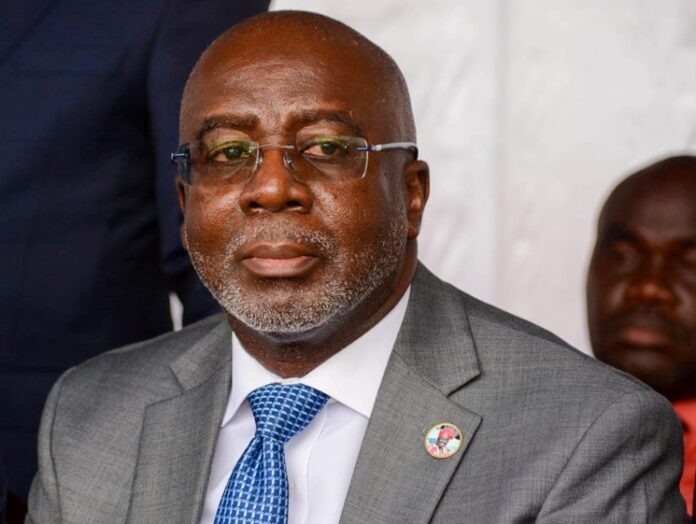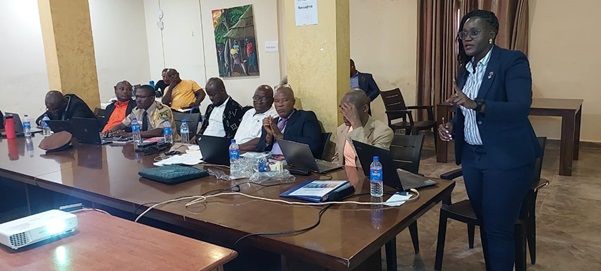MONROVIA, LIBERIA – Following the signing into law by President Joseph Boakai, the next step for the establishment of the war and economic crimes court in Liberia involves several important actions. Dr. Alan White, an expert in international war crimes prosecution, highlights the necessary measures to be taken.
Firstly, Dr. White says President Boakai will need to issue an Executive Order that directs the establishment of the court. This order will serve as a formal directive to initiate the process and set the groundwork for the court’s establishment.
Next, he points out that President Boakai must work out all the modalities with both national and international stakeholders. This includes engaging with various governments such as the United States, United Kingdom, the European Union, the African Union, the Economic Community of West African States (ECOWAS), and the United Nations. Collaborating with these entities will help in developing the legal framework and agreement between the government of Liberia and the UN.
The legal framework and agreement will then need to be ratified by the Liberian Legislature. This step ensures that the court’s establishment is recognized and supported by the legislative branch of the Liberian government. Once ratified, the agreement will become a law and will require the signature of the president to complete the process.
Dr. White told a locsl media that these actions will attract greater international support for the court. The involvement of the United Nations, in particular, will provide the court with international recognition and legal legitimacy. This recognition will not only enhance the court’s credibility but also facilitate the mobilization of financial and technical support.
Drawing from the successful experience of the Sierra Leone-backed court, the establishment of the war and economic crimes court in Liberia has the potential to contribute to justice and accountability for past atrocities. By following the necessary steps outlined by Dr. White, Liberia can pave the way for a robust and effective court that addresses war crimes and economic crimes committed during its troubled history.







